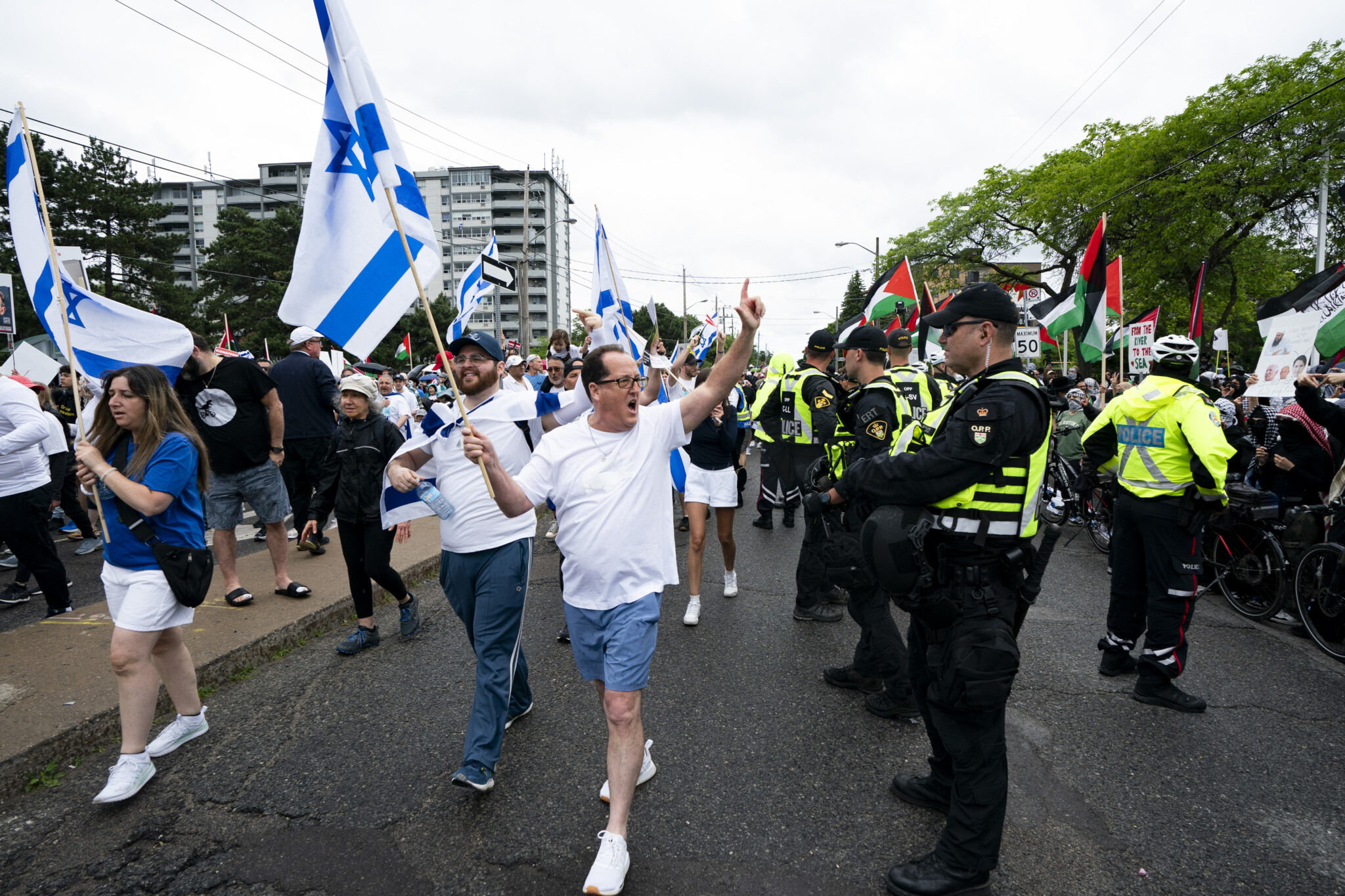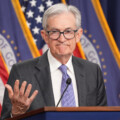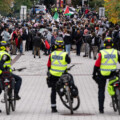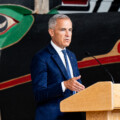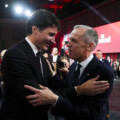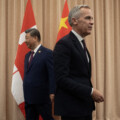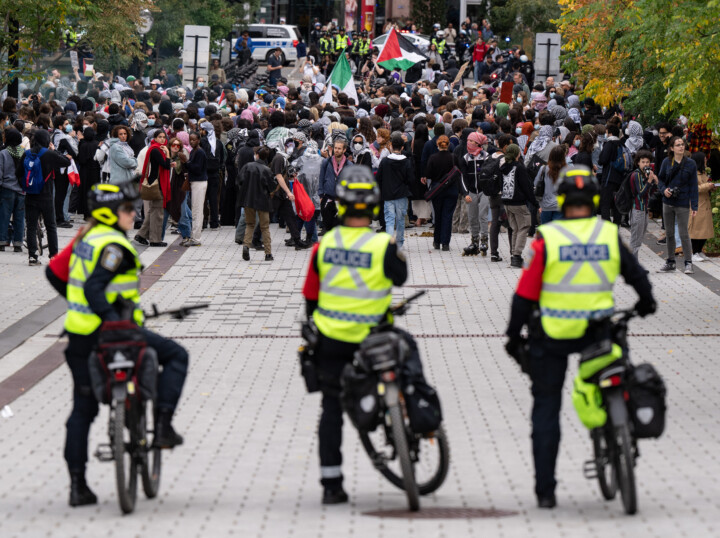Toronto’s new “Access to Social Infrastructure” bylaw was rushed through council after months of pro-Palestinian demonstrations, many of which descended on synagogues, Jewish schools, hospitals, and community centres in the wake of Hamas’s October 7, 2023, attacks. Advocates argued the city had to act swiftly to shield “vulnerable institutions” from harassment and rising antisemitism.
But critics warned—rightly—that the bylaw targets political speech. Even city staff acknowledged the proposal had been tabled four separate times since last fall’s Gaza-related protests and only passed once public pressure reached a boiling point.
On its surface, the law appears to offer protection to minority communities under siege. But in practice, it risks setting a dangerous precedent: giving religious and educational institutions the power to suppress protest based on subjective fears. As a Jewish Torontonian and civil liberties advocate, I believe this is the wrong path. We cannot defend our dignity by retreating behind state-enforced silence.
It’s true that similar “bubble zone” laws exist for abortion clinics, though those, too, have raised serious free expression concerns—in some cases banning protest outright. Whatever one thinks of that precedent, Toronto’s law goes further still: extending restrictions to places of worship and schools, and targeting vague “acts of discouragement.”
The Toronto bylaw allows any place of worship, school, or child-care centre to apply for a one-year, 50-metre “bubble zone” on the surrounding sidewalk. Within that ring, bylaw officers can ticket individuals who “discourage” attendance, repeatedly ask passersby to stay away, block access, or voice disapproval of someone on the basis of protected human rights grounds. Penalties can reach $5,000. Crucially, the trigger is not actual conduct but an owner’s belief that such conduct may occur. Since peaceful protest is by definition an act of disapproval, the scheme effectively hands private actors the power to veto street-level expression and assembly.
In a scramble to address free expression concerns, an amendment was added restricting enforcement to times “when the Social Infrastructure…is being used by the Owner for the primary purposes of its operation as a…Place of Worship.” But this introduces serious ambiguity. Does this mean secular events, such as a real estate seminar promoting investment in Israel or the West Bank, fall outside the zone’s protection?
It’s hard to imagine law enforcement parsing these distinctions. Shortly after October 7th, I took my grandmother, an Auschwitz survivor, to a talk by an Israeli member of Knesset at a Toronto synagogue. The speaker was secular, and so was the event. But it also featured community prayer for the victims and hostages in the wake of the worst crime against the Jewish people since the Holocaust—arguably core functions of a Jewish religious institution. Would that event qualify? And yet, incidents like the one at the BAYT synagogue, where a real estate seminar devolved into acrimonious protest and counter-protest, were likely the political catalyst for the bylaw’s passage.
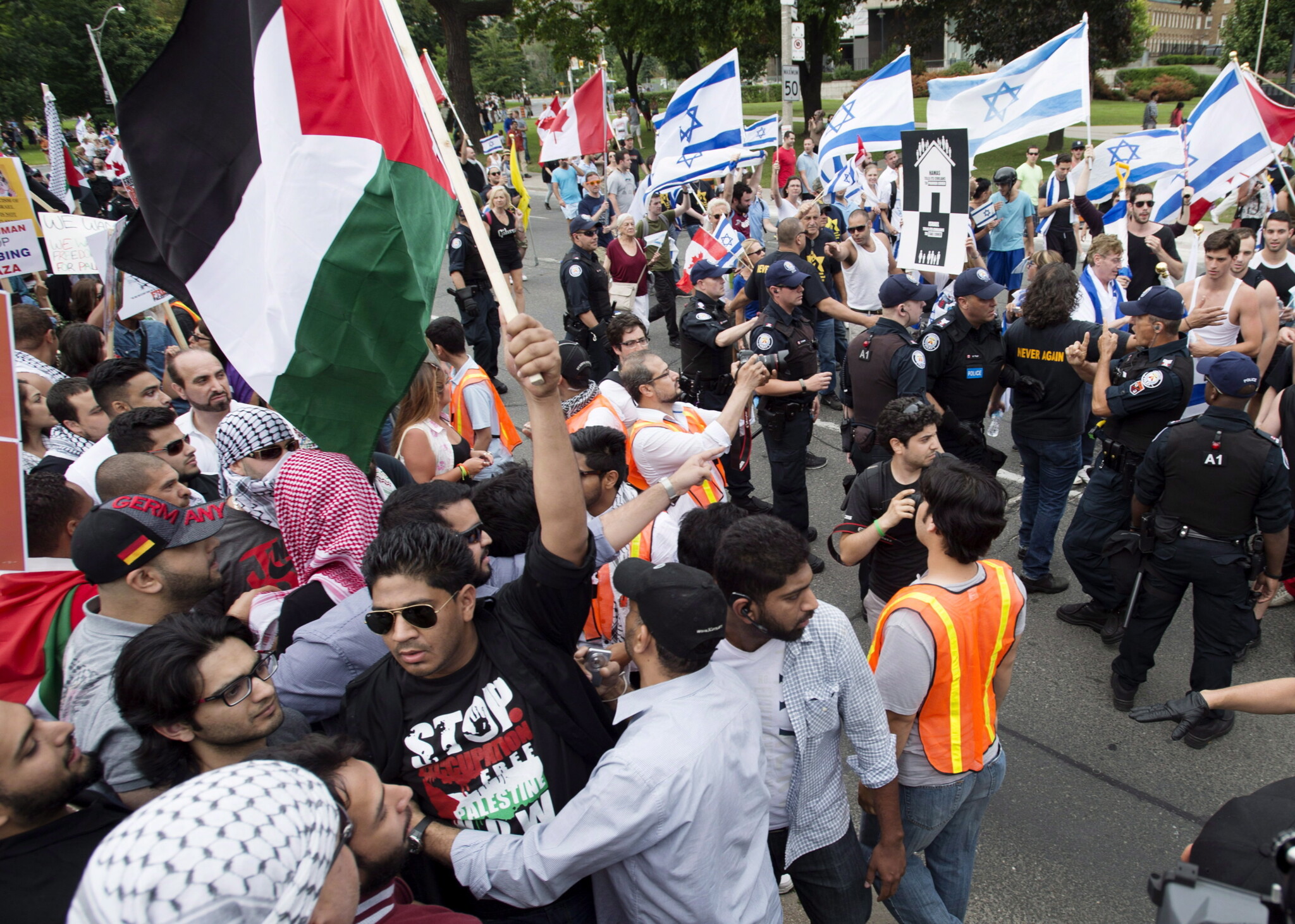
Police officers separate opposing Palestinian and Israeli supporters as both sides protest the ongoing crisis on the Gaza Strip in Toronto on Saturday, July 26, 2014. Darren Calabrese/The Canadian Press
The law opens the door to even more troubling hypotheticals. What if a Catholic church hosted JD Vance to speak on gender identity? What if a mosque invited Mahmoud Abbas? Both could plausibly claim such events were part of their religious mission or community-building work, triggering a year-long cordon sanitaire against otherwise lawful protests that ought to be permitted in a free society.
These concerns are not abstract. Canadian courts have consistently held that laws restricting speech based on its content, especially political speech, are subject to the highest level of scrutiny under the Charter’s section 2(b) protections. This bylaw crosses that line. As my colleague Josh Dehaas has pointed out, it prohibits not only obstruction (which is already criminalized), but “acts of discouragement”—a vague and expansive phrase that chills expression based on message, not method.
The war launched by Hamas against Israel on October 7 has been accompanied by a nearly unprecedented wave of anti-Israel and anti-Jewish demonization, dehumanization, as well as acts of violence, in Canada and globally. Yes, shielding Jewish institutions from harassment has intuitive appeal. And there is no question that the pro-Palestine movement has been infected by outright Jew-hatred from the outset. But concentrating our advocacy resources on erecting physical and legal moats around our community institutions is, at best, a pyrrhic victory.
Some might argue that institutions serving children—like daycares and schools—deserve special protection. But intimidation, harassment, and mischief are already criminalized. Creating bespoke speech restrictions around certain populations implicitly suggests that others—like 90-year-old Holocaust survivors—are less worthy of protection. In truth, when protestors target children, they discredit their own cause. We don’t need new laws to see that—we need moral clarity and enforcement of the ones we already have.
Bubble zones and other forms of “special protections” isolate us. They may sanitize our sightlines, but they also shrink our civic footprint and ultimately undermine our ability to participate in national life as free, equal, and dignified citizens, which should frighten us more than a few rabble-rousers. Historically, efforts to “protect” Jews by cordoning off public space ended in ghettoes.
If the Canadian Jewish community is to endure not just in safety, but in civic dignity and moral clarity, we must resist the impulse to trade liberty for the illusion of security. The threat we face is real. But so is the cost of responding to it by curbing the very freedoms that have long protected minority communities in liberal democracies.
Does Toronto's new bylaw truly protect vulnerable institutions or stifle free speech?
What are the potential unintended consequences of Toronto's 'bubble zone' bylaw?
Is trading liberty for perceived security a wise strategy for minority communities?
